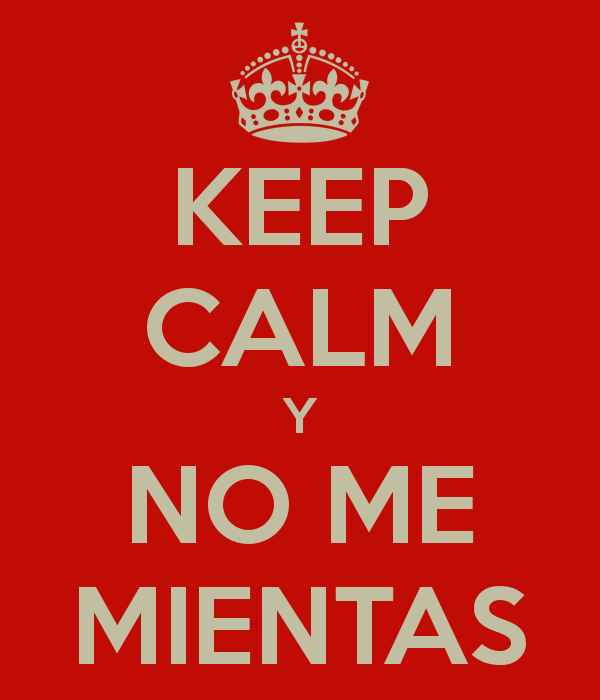 |
|
Monoprint by Pilar Calvo Atienza 9B
|
Month: November 2014
Cristina Pérez, psicóloga de Secundaria de Caxton College, nos aconseja
Frecuentemente los padres pensamos que “nuestro hijo nunca nos miente”, pero la cruda realidad es que a medida que se va haciendo mayor, y especialmente durante la adolescencia, aprende a manipular a las personas que tiene alrededor, mintiendo.
A veces lo hace para evitar una consecuencia negativa y otras, porque haciéndolo va a conseguir un beneficio, por lo que detectar y educar a nuestro hijo cuando miente es necesario para que aprenda a desarrollar una personalidad íntegra.
¿Qué señales de su lenguaje no verbal me indican que miente? Con frecuencia suele hablar más despacio o más rápido de lo normal, tartamudea, le cuesta terminar las frases o se contradice, esquiva la mirada, respira más rápido y es frecuente que se toque constantemente la cara, la garganta o la boca.
En todo caso, una vez sospechemos que nuestro hijo ha mentido, debemos actuar:
Primero, no reaccionar exageradamente ante una mentira. Hay que transmitirle confianza y demostrarle que nos puede contar cualquier cosa con tranquilidad y sin miedo, evitando los sentimientos de inseguridad o de vergüenza por lo que los padres puedan pensar o decir.
Segundo, hay que enseñarle que las mentiras son negativas y a la larga, sólo traen problemas. Felicítale cuando diga la verdad, especialmente si esto conlleva enfrentarse al problema y ser castigado. También debemos explicarle las consecuencias que tendrá si vuelve a mentir.
Tercero, hay que tratar de averiguar por qué ha mentido, y así corregir lo que sucede, sin aceptar excusas, ya que cuando les descubrimos mintiendo suelen negarlo todo. Por último, deben encontrar en nosotros un ejemplo a seguir y por tanto nunca deben vernos mentir.
Cristina Pérez
Caxton College
How do I know if my children are lying to me? What should we do if they do it?
Cristina Pérez, Secondary Psychologist at Caxton College, advises us
Often parents think that “our children never lie to us”, but the harsh reality is that as they get older and especially during adolescence, they learn how to manipulate people around them by lying.
Sometimes they do it to avoid a negative consequence and occasionally because doing so will achieve a benefit. Detecting and educating our children when they lie is necessary for them to learn to develop an integral personality.
What are the signs of their non-verbal language that tell us they might be lying? They often speak more slowly or faster than usual, they could stutter, they may have trouble finishing the sentences or contradict themselves. They also may dodge their eyes, breathe faster and touch their face, throat or mouth constantly.
In any case, once we suspect that our children have lied, we must act:
- It is not recommended to overreact to a lie. We must pass confidence on them and show them that they can tell us anything calmly and without fear. They need to avoid feelings of insecurity or shame for what parents can think or say.
- You have to teach them that lies are negative and eventually, they only bring problems. Congratulate them when they tell you the truth, especially if this involves facing the problem and being punished. We must also explain the consequences they will have if they lie again.
- We must try to find out why they have lied, and therefore correct what has happened, without accepting excuses, since when we discover them lying they usually deny everything.
- Finally, they should find in us an example to follow and that is why they should never see us lying.











